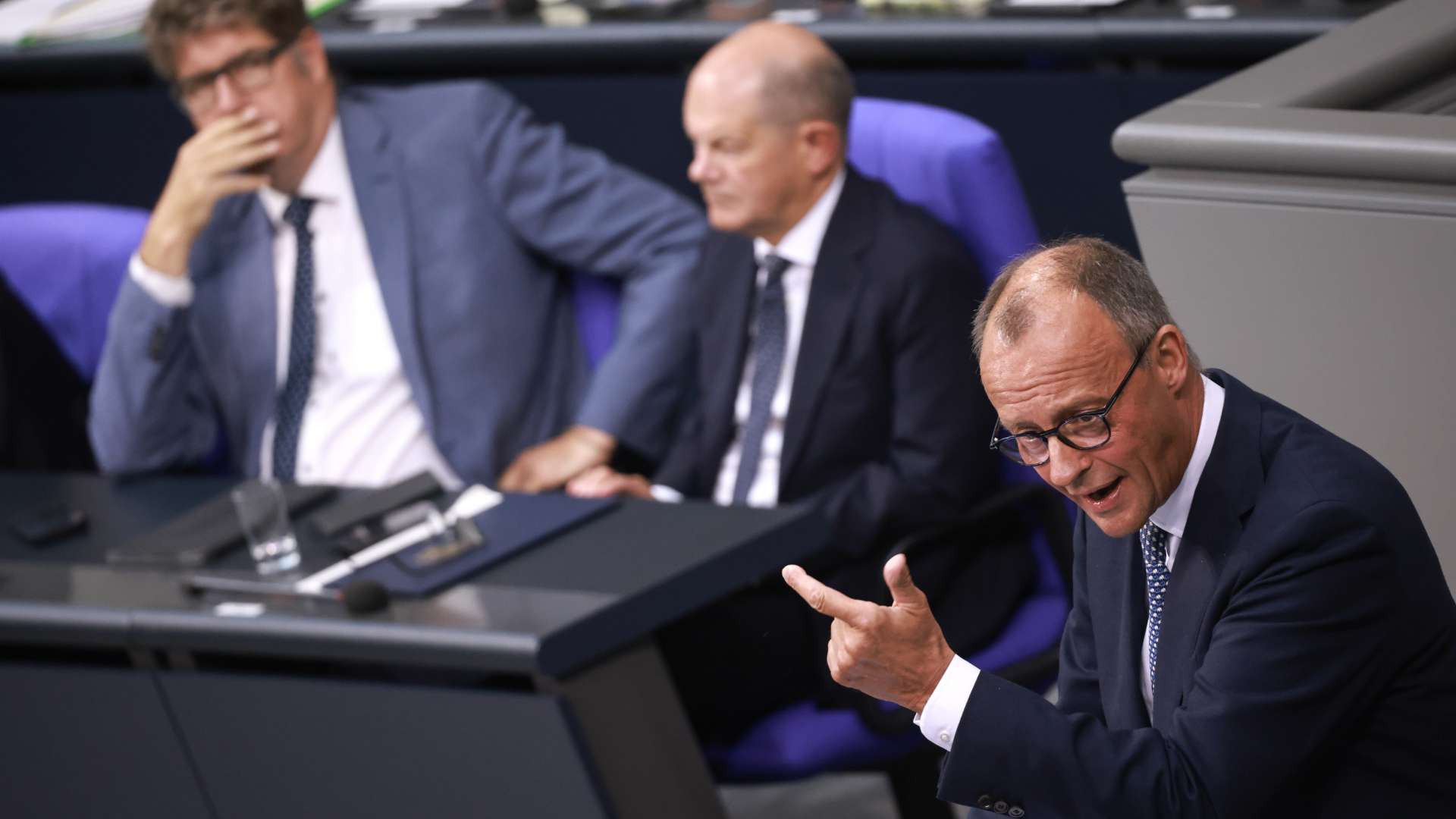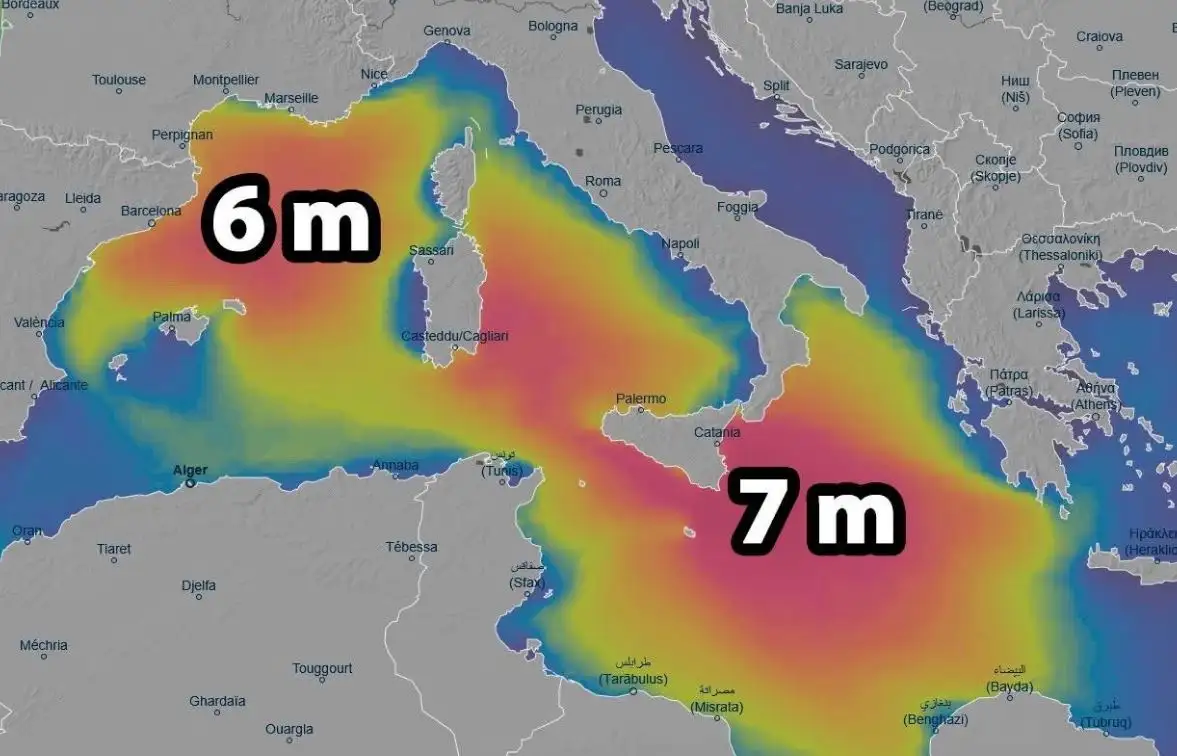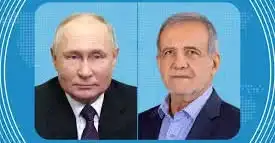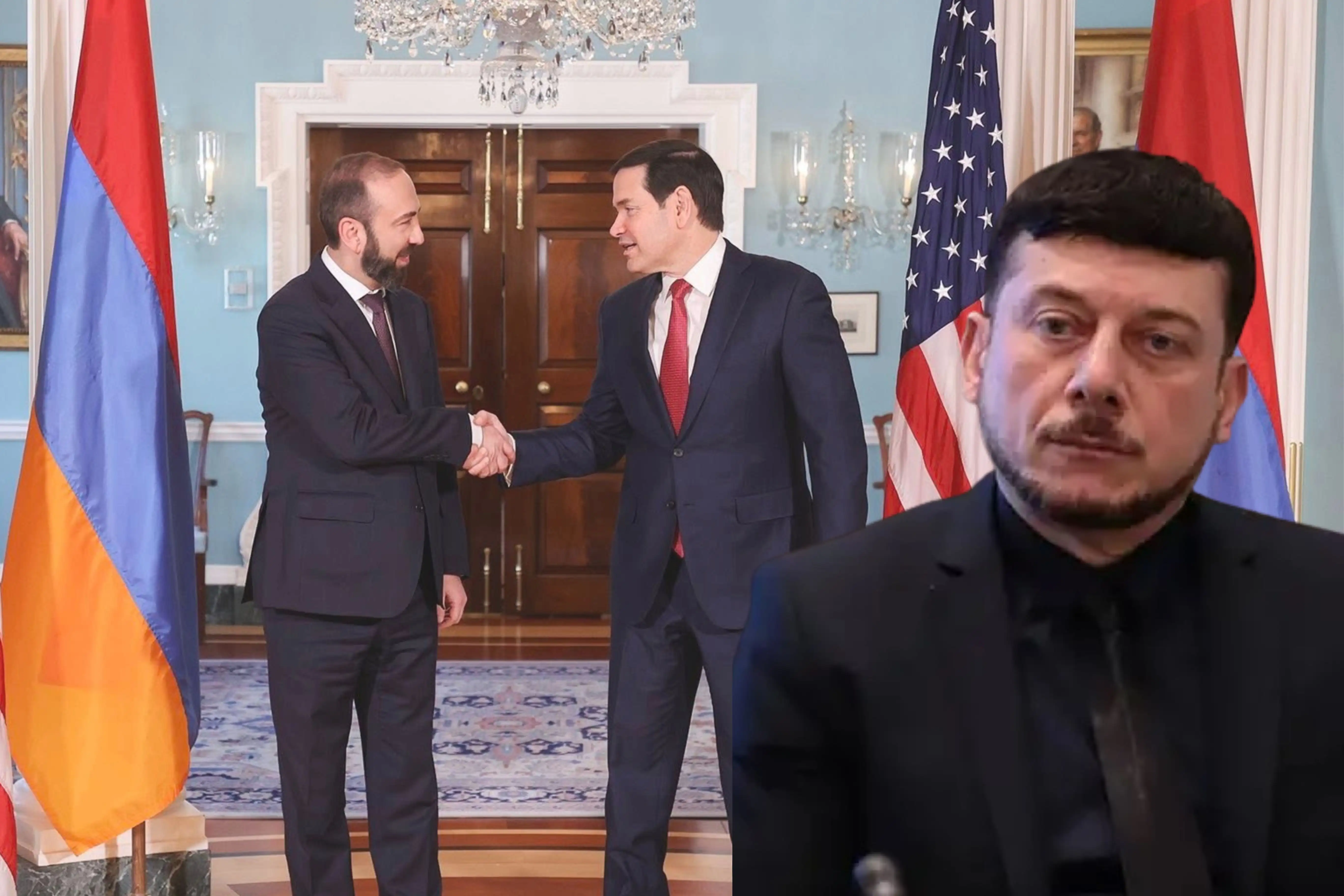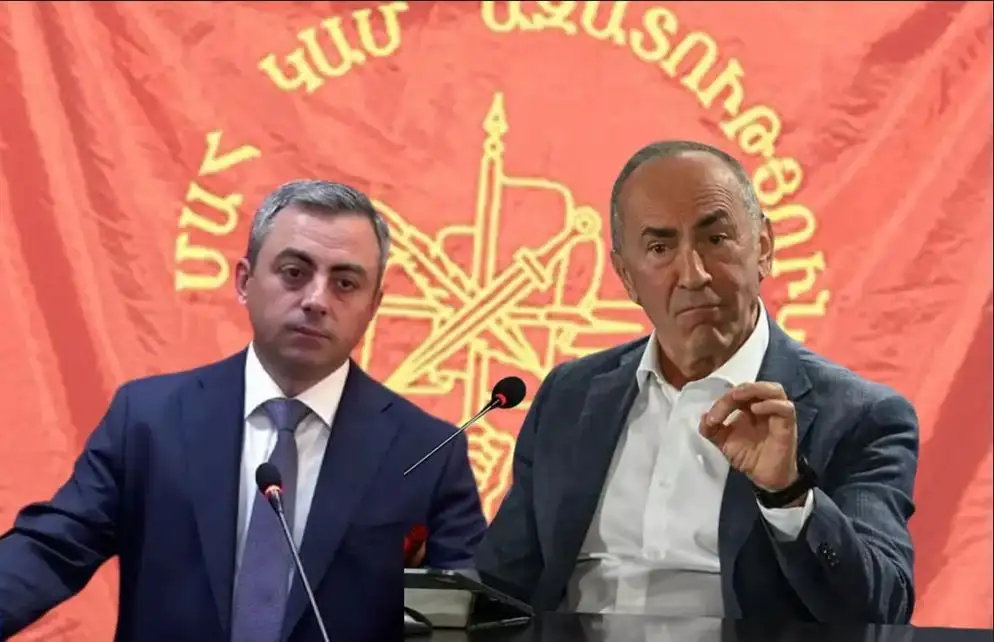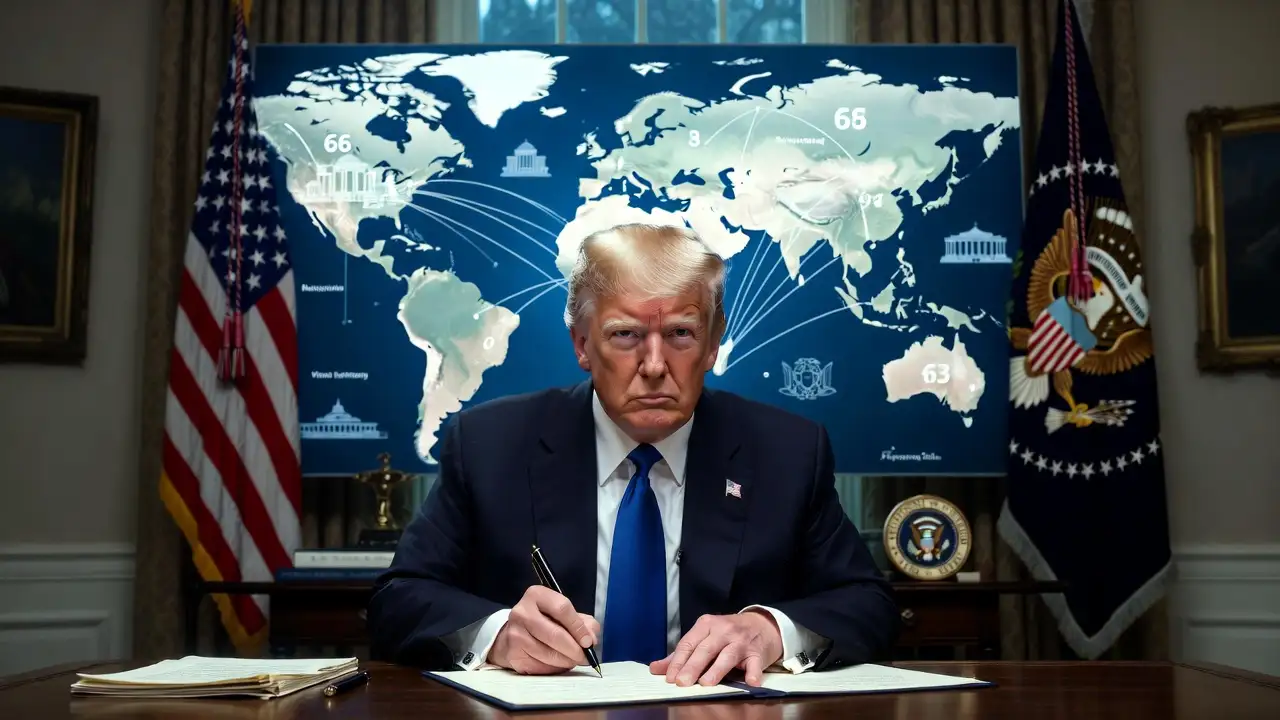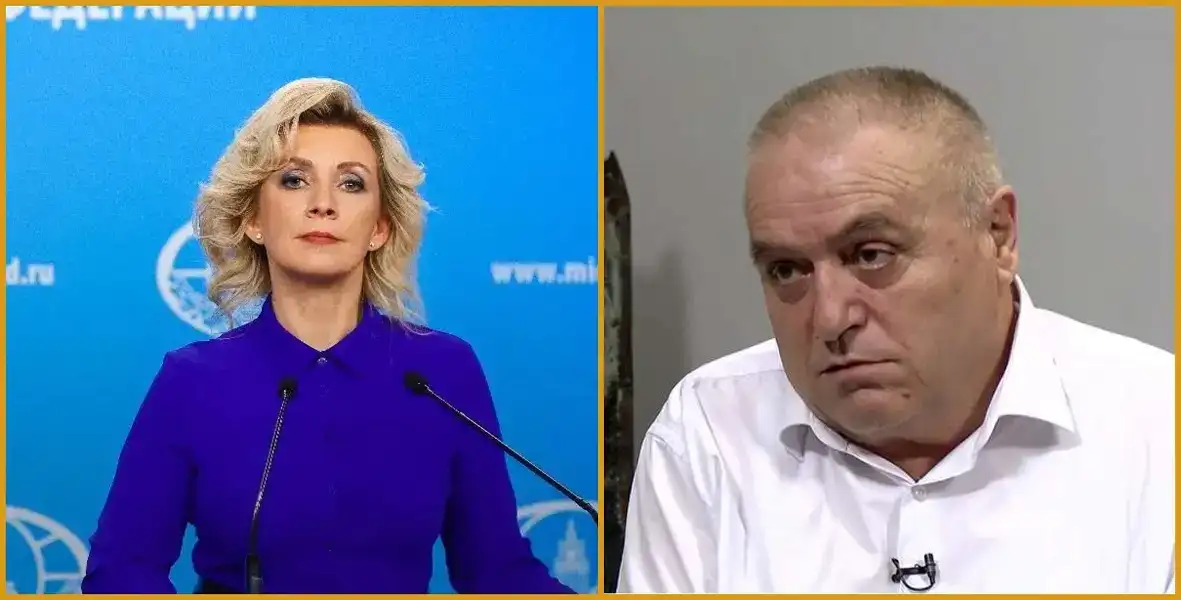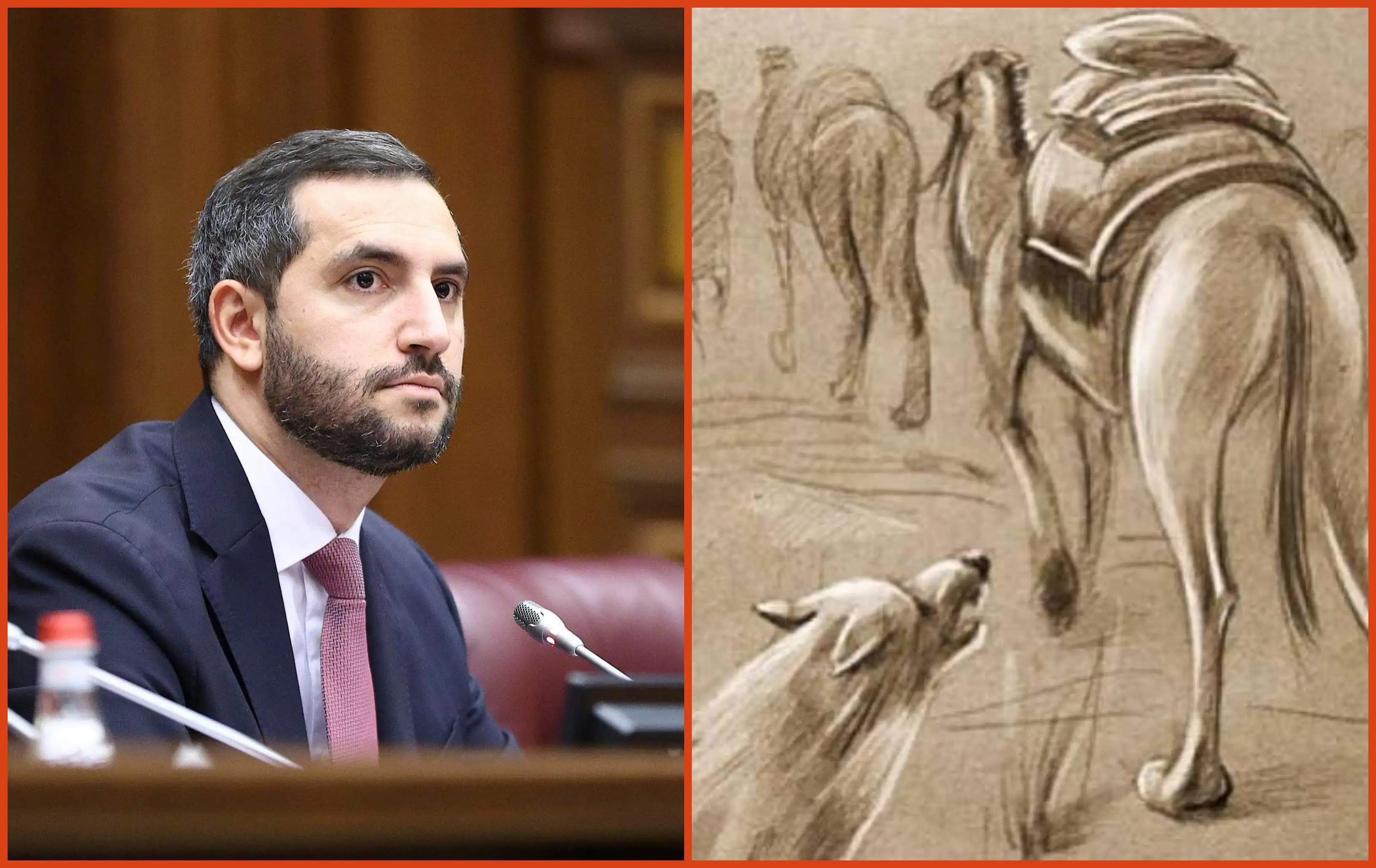German Chancellor Olaf Scholz announced the resignation of Finance Minister Christian Lindner, leader of the Free Democratic Party, and the intention to discuss the issue of confidence in the Chancellor in the Bundestag in mid-January.
This indicates the collapse of the German coalition government, which consists of representatives of three parties.
The parliamentary elections will most likely now be held early. After that, a new German government should be formed, and a new chancellor should be elected. According to preliminary estimates, this will happen by March next year.
Earlier, Christian Lindner, at the meeting of the coalition cabinet, which was dedicated to financial issues, refused to accept the Chancellor's proposal about the need to finance the 2025 budget at the expense of new state loans.
The leader of the Free Democratic Party thinks that it is necessary to maintain the "budget brake," which does not allow crossing a specific debt limit. In turn, at the session, he proposed to finance the budget at the expense of waiving social policy costs and the fight against climate change. In doing so, Lindner called into question the main program requirements of the Social Democratic Party and the "90s/Green Union", that is, the parties of Chancellor Olaf Scholz and Vice-Chancellor Robert Habeck.
It is most likely that the Bundestag will now reject the Chancellor's confidence, and German President Frank-Walter Steinmeier will call new elections. Polls show that the CDU/CSU alliance is likely to win the elections. In that case, the next Chancellor will be Friedrich Merz, the leader of the Christian Democratic Union.
Observers compare the situation to the crisis of 1982 when the FDP destroyed the coalition government and Helmut Kohl, the leader of the former opposition CDU, became Chancellor.
Disputes in Germany's coalition government continued throughout the election period. The main unresolved issue has always been the financing of budget expenditures. Along with giving up Russian gas, Germany's budget was affected by the unfavorable economic situation. Low sales of internal combustion engine cars, lagging production of electric vehicles, and the need to sharply increase defense spending.




